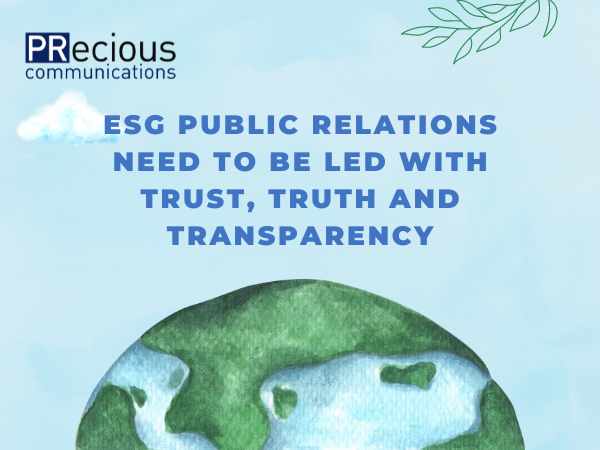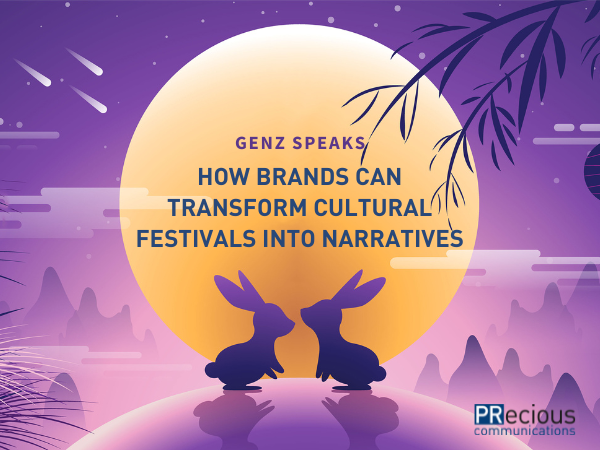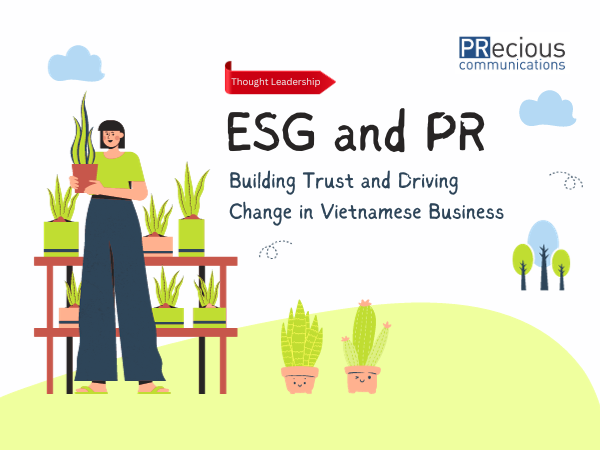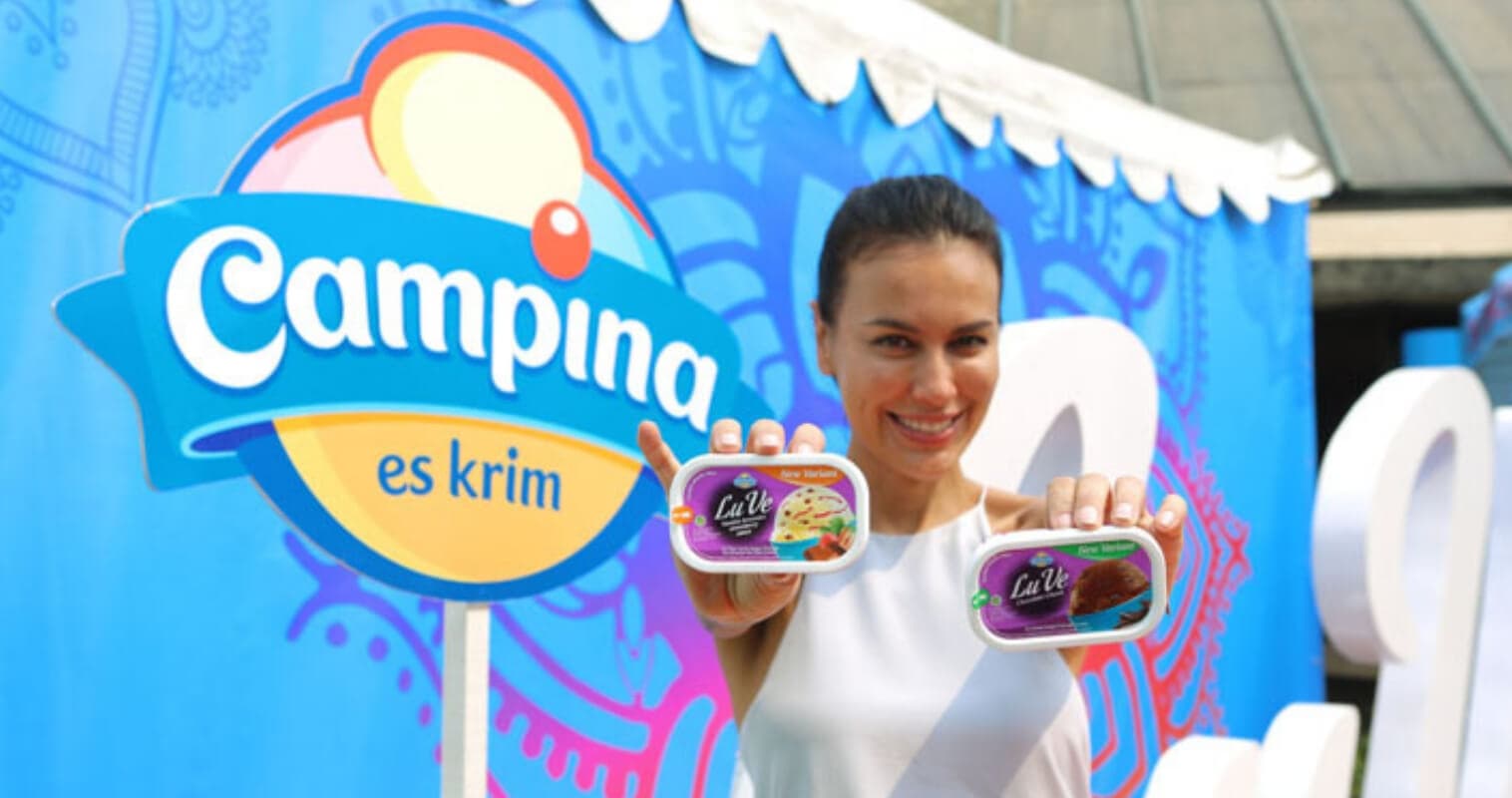Seizing Opportunities as Southeast Asia Enters a SPAC-tacular Era

Views From the Top: How Should We as Communicators Tailor Our Approach Better in Light of National-level Initiatives?
March 4, 2021
How to Make Sense of Clubhouse Marketing: Should You Join the Clubhouse?
April 7, 2021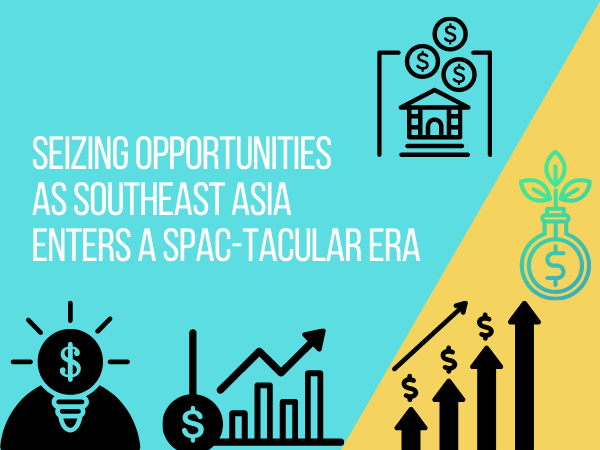
While traditional IPOs have been making headlines for the past couple of years, special purpose acquisition companies (or SPACs) are increasingly becoming more commonplace, potentially overtaking traditional IPOs. Nasdaq ushered in 91 companies with a 76% overall win rate in January 2021, of which 67 were SPACs, and three were switches. Dealmakers expect more companies to go public through a direct listing instead of a traditional IPO this year. Investor interest and capital flows to SPAC transactions have far outpaced traditional IPOs. SPACs raised $26Bn in capital in January 2021 alone. And even more recently, the Hong Kong government has asked the country’s stock exchange and regulator to study proposals, which will permit SPACs to list in Hong Kong.
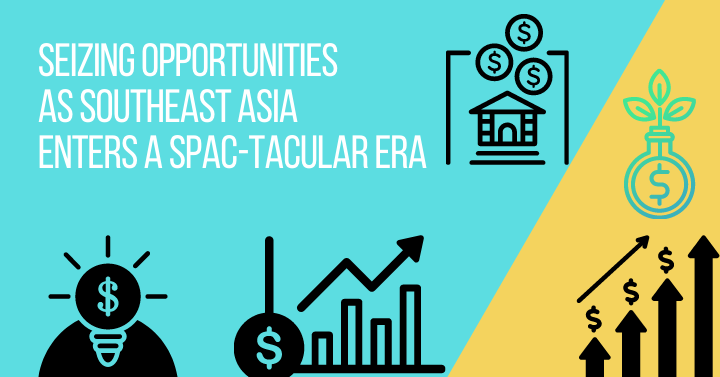
We envision the SPAC route will serve as a more preferred option for Southeast Asian startups looking to go public. And for a reason, too: SPACs are faster, entail potentially less risks, less complications, less costs, and are pretty straightforward. It comes as no surprise that, at last count, there are at least thirteen US-based SPACs actively seeking Southeast Asian targets for M&A opportunities, sensing the growth potential and investor and founder ambitions from ASEAN.
While traditional IPOs can take more than six months to complete, SPACs can significantly hasten the process of cashing in and getting capital—taking only around three to four months on average to close. Simply put, the SPAC method enables startups to use capital raised from IPOs to purchase a private company, which then acquires the listing. Companies only need to sign a deal with the SPAC sponsor for a specific price, and then proceed to make a public announcement about the merger deal. On the other hand, the outcome of traditional IPOs is pretty much touch-and-go: The deal announcement happens even before price negotiations, with a lot of uncertainties around whether or not investors will actually bite following the announcement. No wonder an increasing number of unicorn startups have been in the news lately, rumoured to be taking the SPAC route—the list includes e-commerce platform Tokopedia and ride-hailing app Gojek, both of which are Southeast Asian companies specifically looking to list in the US. Further joining the SPAC bandwagon is Traveloka, Southeast Asia’s largest online travel startup, which has plans in place to merge with a SPAC as a possible stock-market listing option, and has been approached and targeted by a few SPACs already.
With a lot of Southeast Asian startups now looking at taking the SPAC route, the region is definitely on its way towards fast-becoming the next frontier for SPACs—given Southeast Asia’s favourable and prolific startup climate backed by growth expectations around the region’s nominal Gross Domestic Product and increasing internet and mobile engagement.
Why it is important to focus on financial communications for SPAC
The SPAC-tacular era is definitely promising, and can potentially open new doors to Southeast Asian startups as they try to expand and scale up. However, faster listing timelines can serve as a double edged sword: presented with a faster, or rather a more compressed listing time frame, companies need to fast track their communications strategies and execution.
Moreover, even the most promising companies without a sound investor relations strategy in place can easily get lost in the sidelines, overpowered amidst a flurry of news around other SPAC mergers (as well as other non-SPAC related developments in the financial landscape). Hence, the value of having a highly differentiated financial communications strategy cannot be overemphasised. It is all about finding the right hook after all, effectively communicating the value proposition, and getting the attention of the right SPAC investors amidst fierce competition through a carefully crafted investor, analyst and media strategy. And needless to say, it all begins with a compelling story that positions the company as one that is hardwired for growth and future returns.
Keeping communication lines with investors open and transparent allows companies to build credibility in the eyes of investors—especially in the case of companies that are not that well-known yet. In fact, a lot of well-known companies right now credit their success to investors, who have backed them up in the early stages. Especially in the case of Southeast Asian startups intending to list in the US via the SPAC route, strengthening their reputation in the eyes of investors and the general public is a crucial first step to get their foot in the door. Getting the messaging around the value of investing in the company right at first strike on merger announcement day is key as this will set the momentum for the long-term—and can lead to more earnings and potential investments in the future. Sharing information that’s grounded on a specialised understanding and familiarity with communications nuances in the SPAC scene can truly be a competitive advantage that can empower startups as they seek to attack opportunities in the SPAC-tacular era.
Are you a startup looking to navigate the fast-moving landscape of SPACs in an economic climate full of changing patterns and trends? PRecious Communications provides the best of both worlds: deep Southeast Asia expertise and experience, along with a proven track record of IPO / Listing / M&A communications in the US. Get in touch with our team to see how we can help strengthen your startup’s image and attract investors and the general public.

